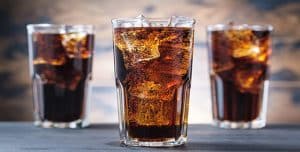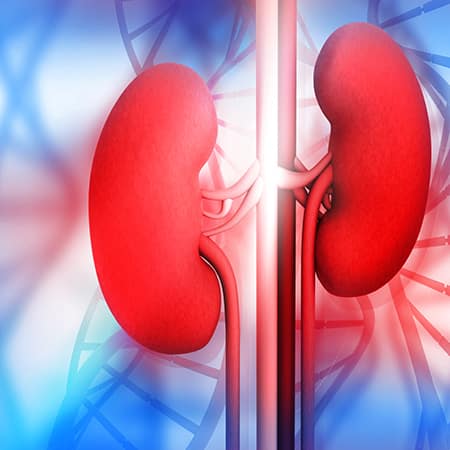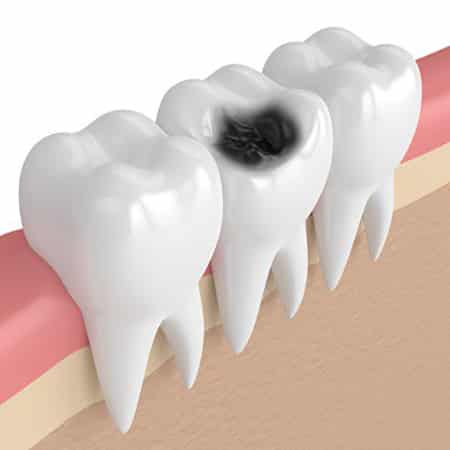sodas are one of the most popular beverages that have found a special place in human food today. Coca-Cola is one of the most popular sodas due to its spicy taste. This pungent taste is due to the presence of a compound called phosphoric acid in sodas. In this article, we want to learn more about the use of phosphoric acid in sodas, which is a popular beverage, so stay tuned.
What does Phosphoric Acid do in Sodas?
Phosphorus is a mineral that is widely found in nature and plays an important role in how the body receives energy. Phosphoric acid, which contains phosphorus, is used to add spicy flavor to some sodas. Phosphorus can also be found in bread, bran, breakfast cereals, fruit juices, soy-based beverages, sour beverages, low-calorie beverages, and energy drinks. Here we refer to the use of phosphoric acid in sodas.
There are several reasons for adding this acid to sodas. This substance helps to create a smooth texture of the drink and prevents the growth of bacteria in it, and in fact, it can be called a preservative. On the other hand, it can cause a special taste and aroma in the soda, so it can be said that the sharp taste of the drink is caused by this acid. Another reason for using this substance in sodas is its ability to control and reduce mold growth and bacterial growth.
Is phosphoric acid in Soda bad for you?
Although phosphoric acid is produced in the food-grade and is safe for the body, excessive consumption of carbonated beverages can be harmful to your health. One of the most important risks of this acid in sodas is the increased risk of osteoporosis. This problem is more common in the elderly and therefore it is recommended to avoid excessive sodas consumption, especially in the elderly who are prone to osteoporosis.
In addition to weakening bones and increasing the risk of osteoporosis, carbonated beverages have some other negative aspects. Not only can they cause weight gain, but they can also increase the risk of certain diseases such as cancer and fatty liver.
kidney Diseases:
Excessive consumption of sodas containing phosphoric acid can cause urinary problems, kidney disease, and even kidney stones. Of course, a healthy kidney can purify the extra phosphorus in the body, but the extra phosphoric acid that enters the body as a result of poor nutrition, as an extra burden for the kidneys can cause problems. As a result, it is recommended that people with suspected kidney problems, especially those with kidney problems, avoid high-phosphorus foods.
In a study that examined the habits and diets of 467 healthy people and 465 people with kidney disease, the results showed that the habit of drinking two or more bottles of soda a day doubles the risk of kidney disease.
Reduce Nutrients in the Body:
Phosphorus is one of the minerals needed by the body. Many foods that we eat naturally during the day contain phosphorus, so there is no need to use special methods to supply the body with the phosphorus it needs. As a result, over-consumption of foods that contain hidden phosphorus and find a special place in our eating habits can cause health problems. Phosphoric acid is one of the sources that have a very high percentage of phosphorus.
The first effect that high levels of phosphorus in the diet have on the body is a decrease in the level of calcium in the body so high consumption of sodas containing phosphoric acid during the day can be one of the causes of hypocalcemia. In addition, high phosphorus in the body reduces other nutrients such as magnesium, iron, and zinc, which in turn can cause problems.
Tooth Decay:
Carbonated drinks can seriously damage tooth enamel and increase the risk of tooth decay. This harmful process can continue for 20 minutes after each sip, so consuming this drink can be very harmful to oral health.
Accelerate Aging:
Soft drinks contain phosphate and sugar, both of which have been shown to speed up the aging process.
Conclusion:
It should be noted that although phosphoric acid in beverages can be harmful to human health if consumed in moderation in a wide range of processed foods, phosphoric acid also has properties for the body. Food manufacturers are advised to use the best type of this acid in their products to maintain food quality and consumer satisfaction.









6 Responses
What soda has the most phosphoric acid?
Coca-Cola sodas contain between 50 and 70 mg of phosphoric acid per 100 mL.
How do you measure phosphoric acid in soda?
The pH meter method should be used to measure the amount of H3PO4 in sodas.
Do all carbonated drinks have phosphoric acid?
Some drinks on the market don’t use phosphoric acid or use very small amounts. Clear carbonated drinks such as ginger ale, lemon-lime sodas, and flavored seltzers are all good choices if you’re trying to cut down on phosphoric acid.